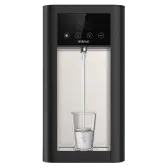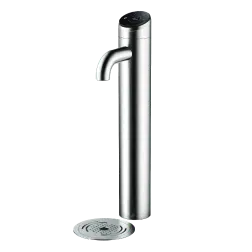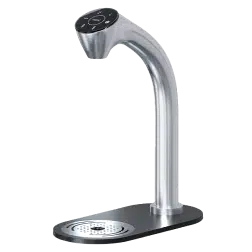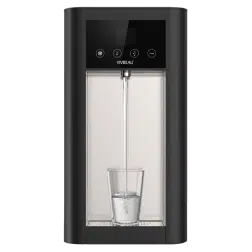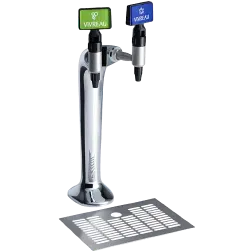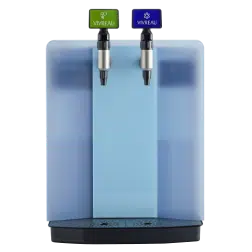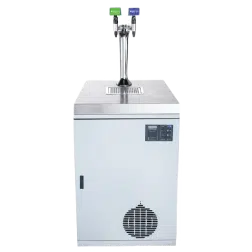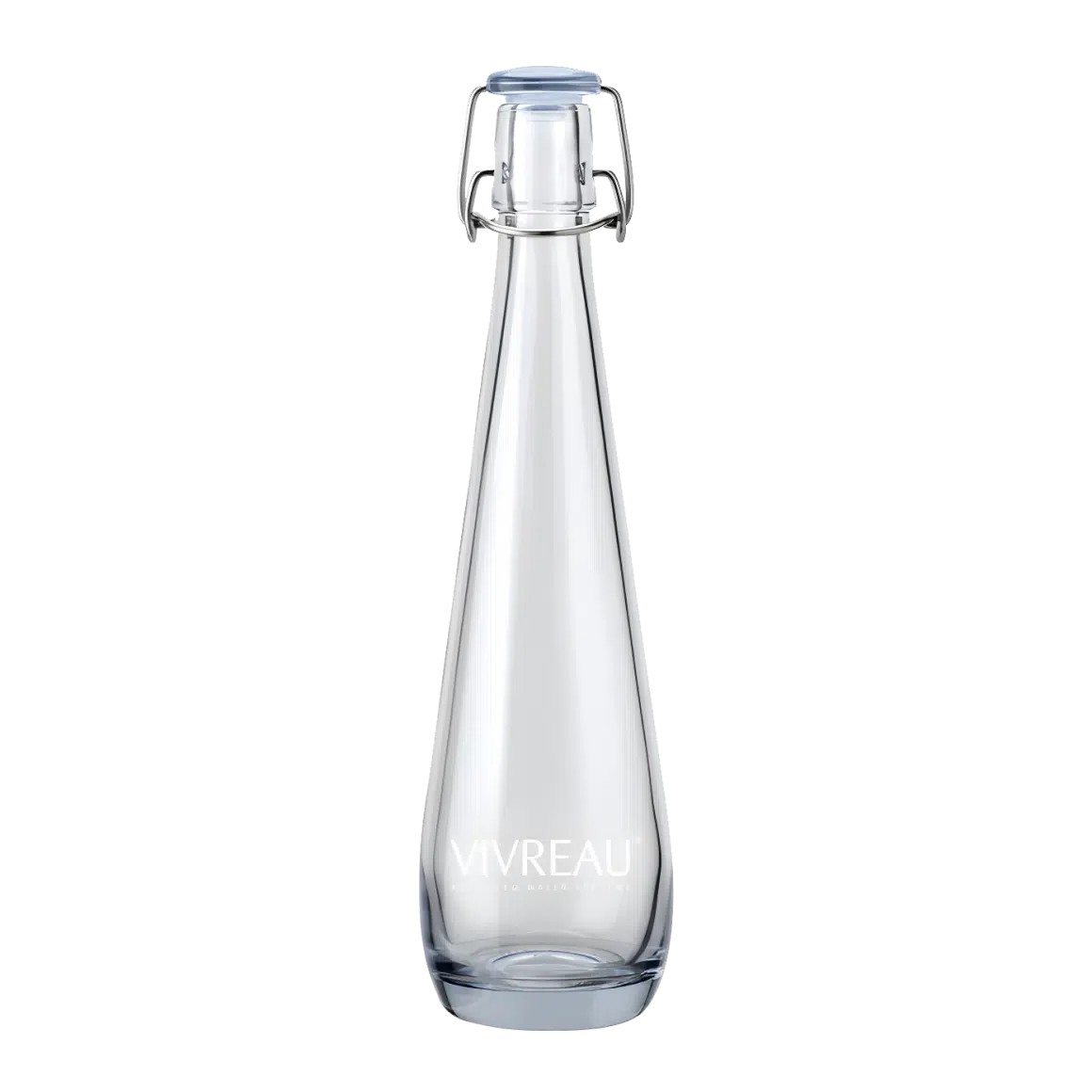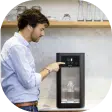The golden years. The transition to the senior years can be a beautiful
one, as we shift from the hectic career season, and slide into calmer
days of retirement. In addition to lifestyle changes, our bodies are in
transition as well.
We sat down with Joyce Gilbert, CEO of The Association of Nutrition and Foodservice Professionals (ANFP) and her esteemed colleagues on the ANFP Board of Directors to discuss sustainability, hydration, and health. The ANFP leadership team shared fascinating insights and trends, including insights on why hydration is so incredibly important for seniors.
Here are 5 of the top reasons why hydration is so important for seniors.
1. Prevent senior hospital admittances
with improved hydration
When you’re young, the body is resilient. Late nights, poor food choices, sips of coffee as your daily hydration source, and the body just seems to bounce back. Maybe with a headache or two, but nothing significant.
It’s not quite the same for seniors, especially when it comes to the consequences of dehydration as the health impacts can be very severe.
Did you know that many hospital admittances
for seniors cite dehydration as the root cause?
Dehydration in seniors can result in more severe health consequences, so it’s best to thwart those
hospital visits altogether with a simple consistent solution – drink those fluids and stay hydrated.
2. Dehydration and its impact on
preventing pressure ulcers and urinary
tract infections
We know that adequate fluid intake is important for health on a general level, but for seniors the consequences from dehydration are far more direct..
For some seniors, mobility can be a challenge and more days are spent resting in bed, which can result in pressure ulcers. Being adequately hydrated can reduce the likelihood of developing this painful condition, and reduce the risk of hospitalization. Similarly, having enough fluids throughout the day can stave off urinary tract infections, which in seniors can present with severe symptoms that can mirror the signs of a stroke.
3. Weakened thirst triggers – Thirsty, but
you just don’t know it
For most of life, knowing when to drink water is simple enough. Feeling parched? It’s time to drink water. But as we get older, our thirst triggers may not be as reliable as they used to be.
The thirst sensation relies on complex biological processes, and they don’t always work perfectly. Our body may need water, but the “you’re thirsty – drink water” message may not be communicated well. It’s like a cell phone in a low-service zone – you may not be receiving all your messages, which can lead to problems down the line. Knowing that thirst triggers may be weak in seniors, we can proactively prevent dehydration by regularly hydrating throughout the day and not just when feeling thirsty.
4. Kidney Function Efficiency Changes
with Aging
As we age, our kidneys may not work as efficiently as they once had. Just as the inflow of water into the body is
crucially important, the outflow of water is also key in managing the body’s hydration levels. When the kidneys
lose fluid more quickly than they should, it can lead to dehydration. Knowing this makes it even more important
to really encourage frequent hydration during the senior years.
5. Incontinence – Stating it loudly on our
list without a hint of embarrassment
Sometimes dehydration happens accidentally despite best efforts. But sometimes, the lack of fluids is not an accident at all, but intentional. The risk of incontinence increases as people age, and for seniors living with it, they may experience very real embarrassment when an incontinence issue takes place.
Some seniors intentionally reduce fluid intake if they are concerned they may not make it to the washroom in time. Although the feelings of embarrassment are valid, even more real are the consequences of dehydration. Education to show the impacts of fluid restriction is important, so the individual can understand that a bit of embarrassment is not worth the risk.
The taste and experience of drinking water can
encourage increased hydration.
Drinking water is amazing for health and well-being, and the taste and experience of drinking water
can encourage increased hydration. Vivreau’s water dispensers provide crisp microfiltered water on-
demand with amazing taste and elegant presentation, for a delightful drinking experience. To learn
more about how Vivreau’s water programs may be an excellent solution for your organization, contact
a Vivreau water expert.
Lastest Posts



